Fasting - Fasting Tool: Optimize health with flexible fasting methods.
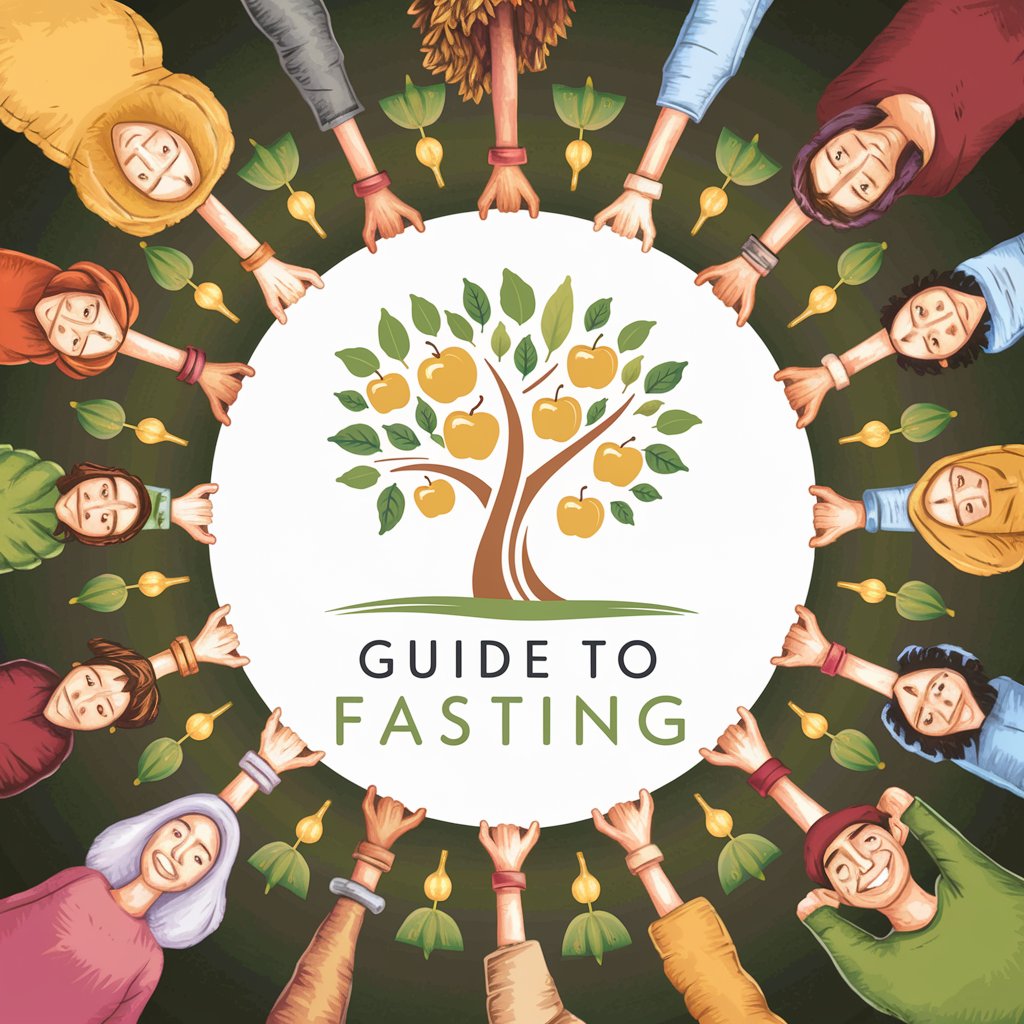
Hello! Ready to explore the benefits of fasting?
Unlock Health Benefits with AI-Powered Fasting
Can you explain the health benefits of intermittent fasting?
What are some cultural traditions involving fasting?
How can beginners safely start a fasting routine?
What are common myths about fasting?
Get Embed Code
Understanding Fasting: A Comprehensive Overview
Fasting, in its broadest sense, refers to the voluntary abstinence from food, drink, or both, for health, spiritual, or other reasons. The practice spans across various cultures, religions, and health disciplines, each with its unique approach and purpose. From intermittent fasting, where individuals cycle between periods of eating and fasting to achieve weight loss or improve health markers, to religious fasting observed during Ramadan or Lent, the practice of fasting is diverse and multifaceted. It's not merely about abstaining from food; it's a deliberate, controlled process that can lead to a plethora of health benefits, including improved metabolic health, increased longevity, and enhanced physical and mental well-being. An example of fasting in action is the use of intermittent fasting for weight management, where an individual may follow a 16/8 method—fasting for 16 hours and eating within an 8-hour window. This approach has been shown to help with weight loss, improve insulin sensitivity, and reduce inflammation. Powered by ChatGPT-4o。

Core Functions and Real-World Applications of Fasting
Weight Management
Example
Intermittent Fasting (IF) methods like the 16/8 or 5:2 diet
Scenario
Individuals looking to lose weight or maintain a healthy weight may use IF as a tool to control caloric intake and stimulate fat loss by alternating between periods of eating and fasting. This can lead to improved metabolic health and reduction in body fat.
Improving Metabolic Health
Example
Time-Restricted Eating (TRE)
Scenario
TRE, where all meals are eaten within a specific timeframe each day, can improve insulin sensitivity, lower blood pressure, and enhance heart health. For example, consuming all meals within a 10-hour window can align eating patterns with circadian rhythms, optimizing metabolic functions.
Spiritual and Mental Clarity
Example
Religious and Spiritual Fasting
Scenario
Many individuals engage in fasting as part of spiritual practice or religious observance, such as during Ramadan for Muslims or Yom Kippur for Jews. These practices can lead to enhanced spiritual connection, mental clarity, and a sense of community.
Detoxification and Cellular Repair
Example
Periodic Fasting
Scenario
Fasting can initiate cellular repair processes, such as autophagy, where cells remove and recycle damaged components. This can detoxify the body and protect against diseases.
Longevity and Disease Prevention
Example
Fasting Mimicking Diet (FMD)
Scenario
The FMD is a low-calorie, nutrient-dense eating plan that mimics the benefits of prolonged fasting, promoting longevity and reducing the risk of chronic diseases without the need to abstain from food completely.
Who Benefits Most from Fasting?
Individuals Seeking Weight Loss
Those looking to lose weight or manage obesity may find fasting, especially intermittent fasting, a useful tool to reduce calorie intake and stimulate fat loss.
People Focused on Health Optimization
Individuals interested in improving their metabolic health, enhancing longevity, and preventing chronic diseases may benefit from the systemic effects of fasting on insulin sensitivity, heart health, and cellular repair.
Spiritual and Religious Practitioners
Fasting holds significant spiritual and religious importance for many, serving as a means to purify the body and mind, foster self-discipline, and enhance spiritual growth.
Athletes and Fitness Enthusiasts
Athletes or those engaged in regular physical activity may use fasting to improve body composition, enhance performance, and accelerate recovery by leveraging the effects of fasting on growth hormone levels and fat metabolism.
Those Seeking Mental Clarity
Individuals interested in cognitive benefits such as improved focus, mental clarity, and neuroprotection may find fasting, particularly methods like time-restricted eating, beneficial for brain health.

How to Use Fasting:
Visit yeschat.ai for a free trial without login, also no need for ChatGPT Plus.
Yeschat.ai offers a user-friendly platform for exploring fasting methods and tracking progress.
Understand the Different Fasting Methods:
Research various fasting methods such as intermittent fasting, water fasting, or time-restricted eating to find the one that suits your lifestyle and health goals.
Start Slowly and Listen to Your Body:
Begin with shorter fasting periods and gradually increase duration as your body adapts. Pay attention to hunger cues and stop fasting if you feel unwell.
Stay Hydrated and Nourished:
Drink plenty of water during fasting periods and focus on nutrient-dense foods when breaking your fast to replenish your body's stores.
Monitor Progress and Adjust as Needed:
Keep track of how fasting affects your energy levels, mood, and overall well-being. Modify your fasting schedule or method if necessary to optimize results.
Try other advanced and practical GPTs
Knowledge Compiler
Unleash the power of AI knowledge compilation.
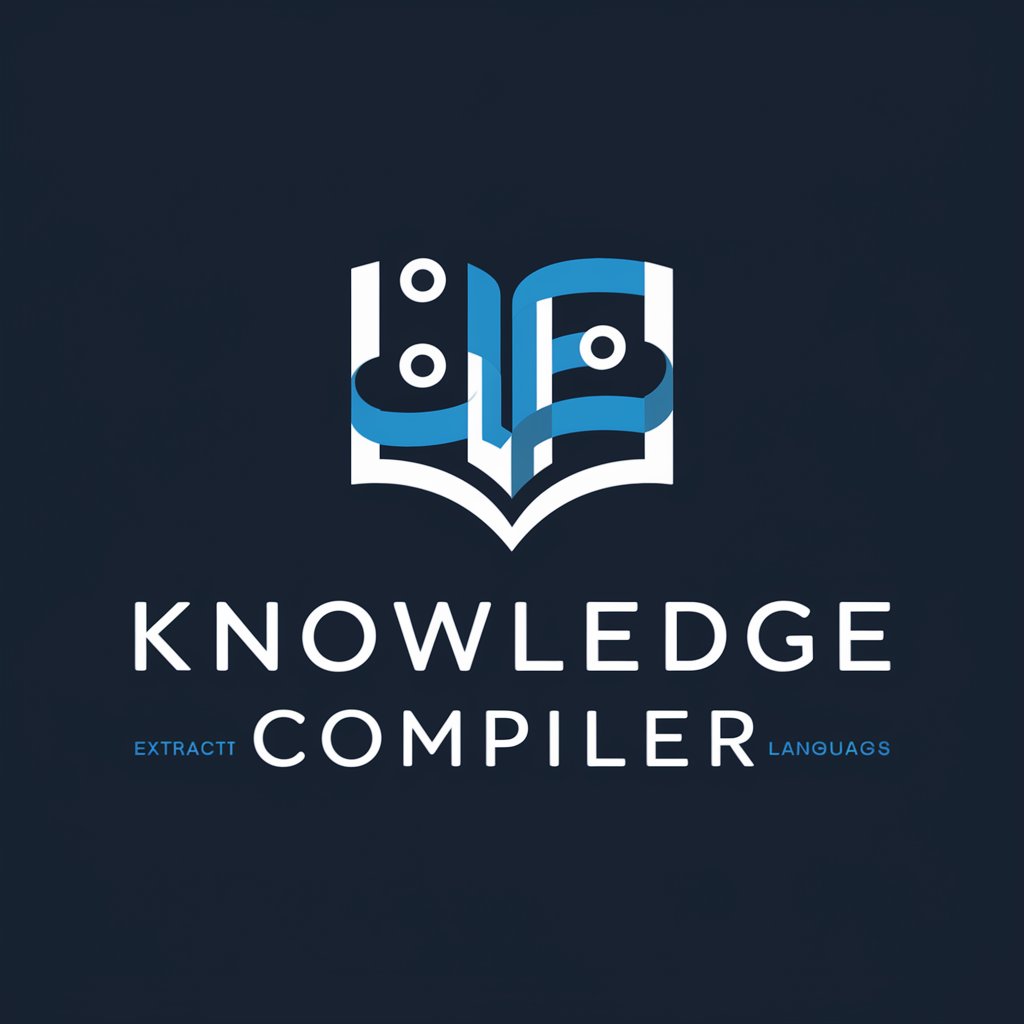
Web3 Seminar
Empowering insights through AI-driven Web3 exploration.

Gauss DocGPT
Unlocking Document Insights with AI
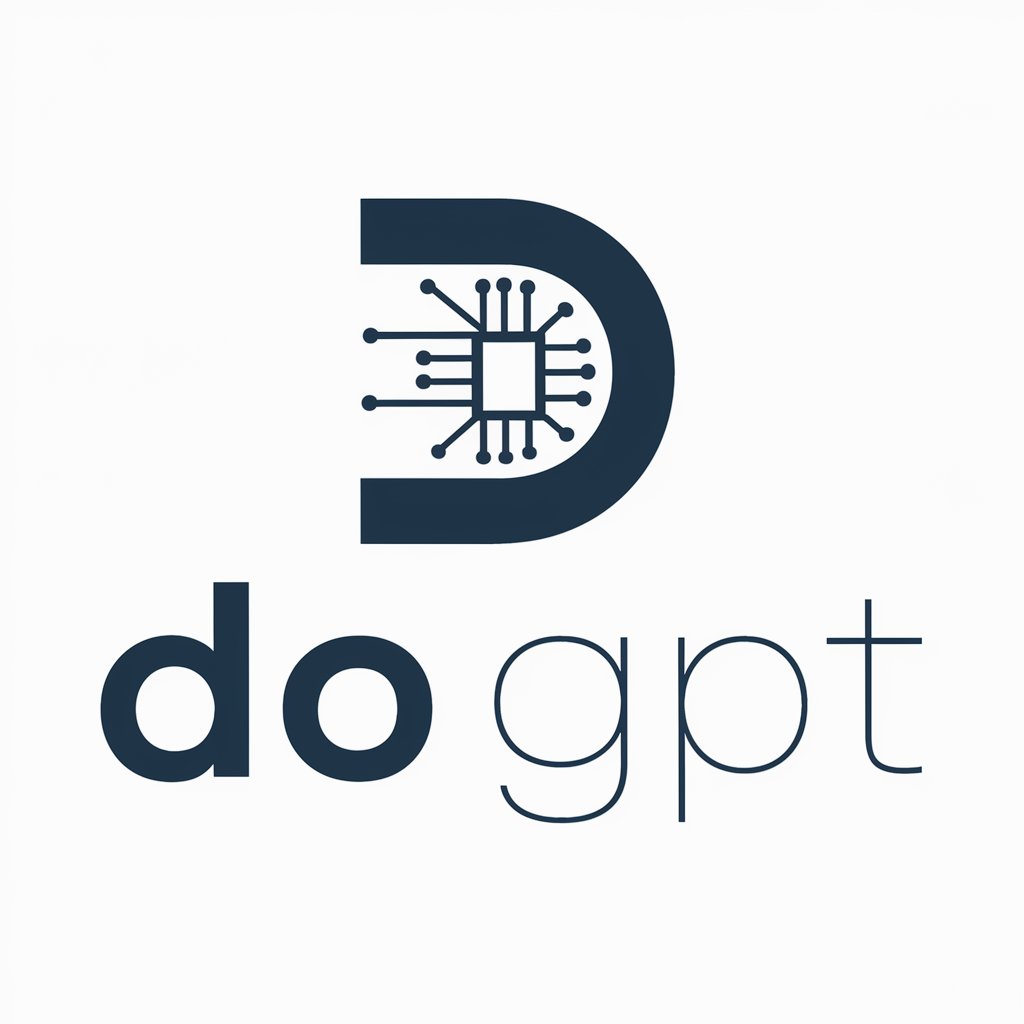
Designer
Design smarter with AI-powered visualization.

AI & Automation Use Cases
Revolutionizing Efficiency with AI

Sam
Empowering shopping experiences with AI assistance.

Prompt Injection Maker
Mastering AI Safety Through Prompt Hacking

Scientific Writing
Elevating Science Through AI-Powered Writing
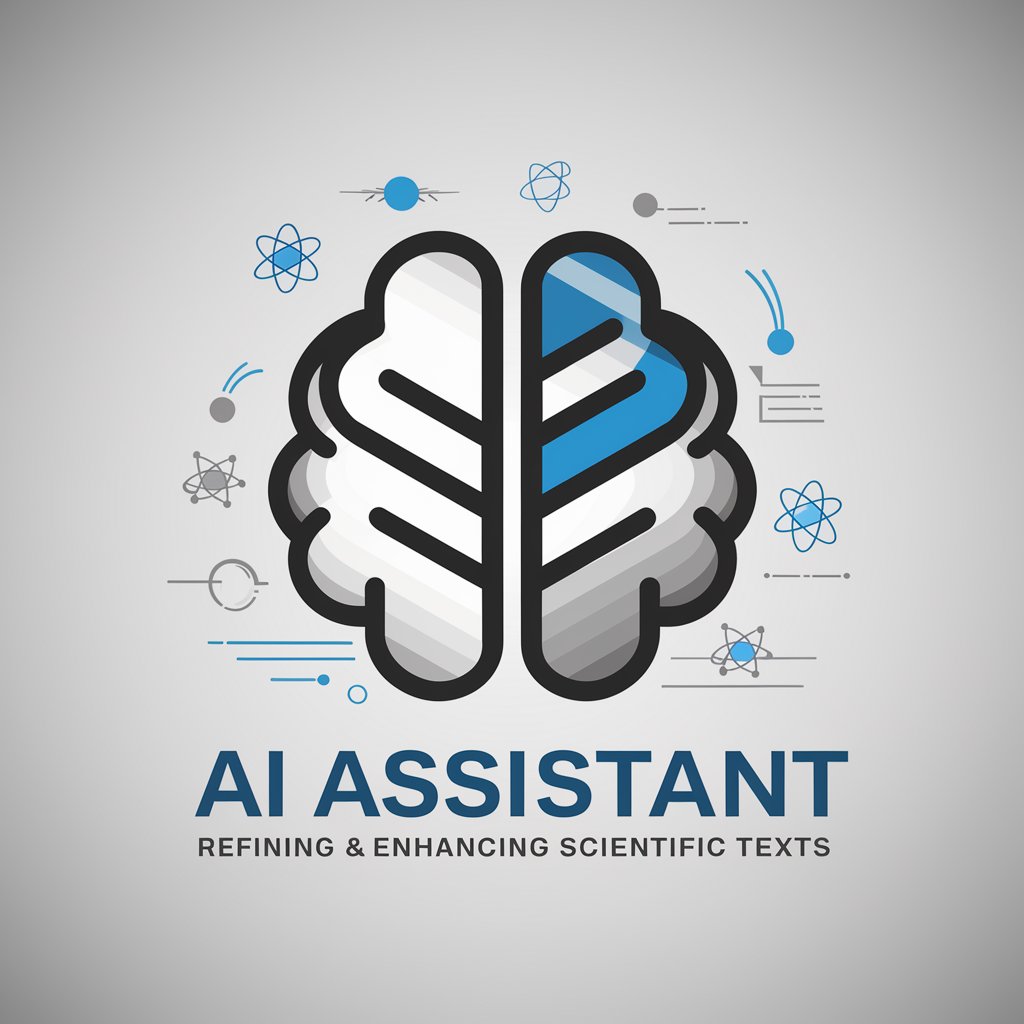
Text Craft AI
Empowering Creativity with AI
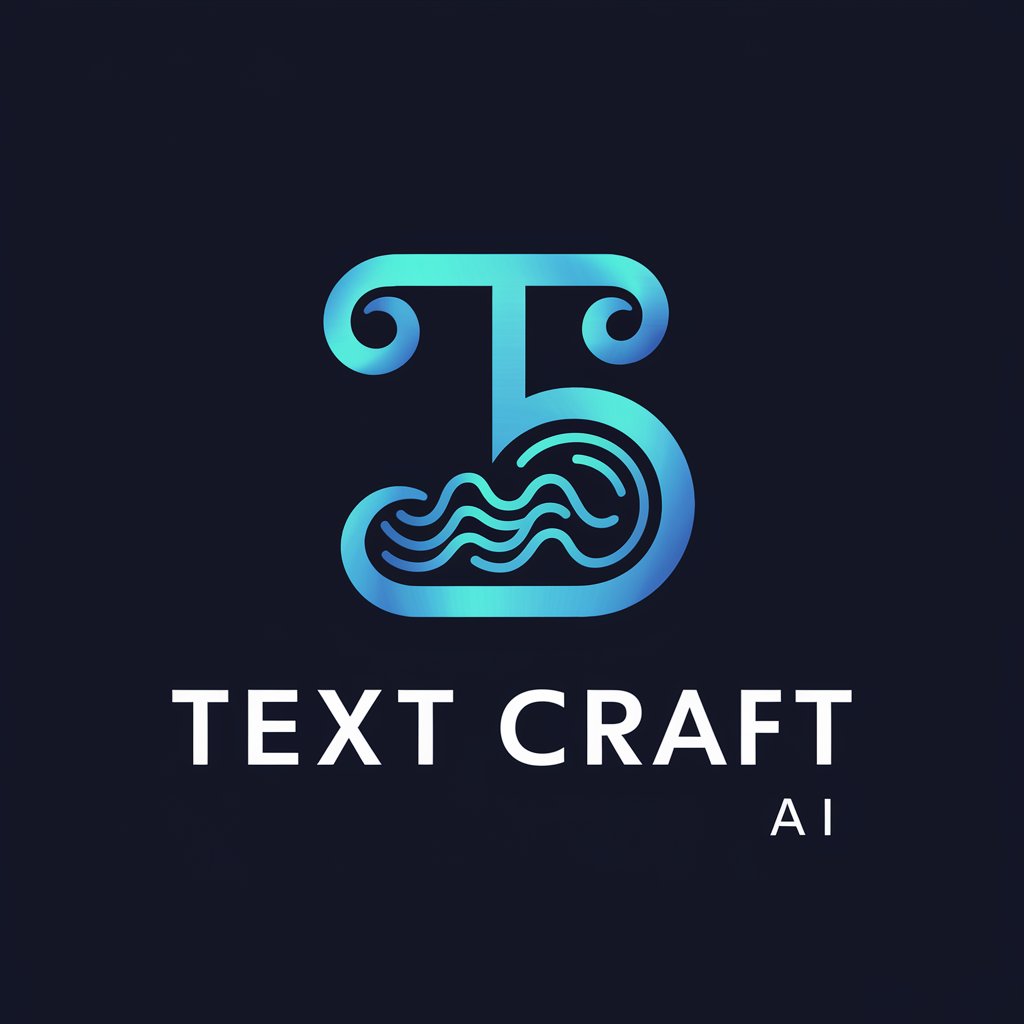
Career Finder
Empower Your Career with AI-Driven Insights

Game Master
Game Master: AI-powered gaming insights.

Legal Companion
Your AI-powered legal advisor

Fasting Q&A:
What is intermittent fasting?
Intermittent fasting is an eating pattern that cycles between periods of fasting and eating. It doesn't specify which foods you should eat but rather when you should eat them.
Is fasting safe for everyone?
Fasting may not be suitable for everyone, especially those with certain medical conditions or pregnant individuals. It's important to consult with a healthcare professional before starting any fasting regimen.
What are the potential health benefits of fasting?
Fasting has been associated with various health benefits, including improved metabolic health, weight loss, and reduced inflammation. However, individual results may vary.
Can fasting help with weight loss?
Yes, fasting can aid in weight loss by promoting calorie restriction and fat burning. However, sustainable weight loss also depends on factors like diet quality and physical activity.
How should I break my fast?
It's important to break your fast with nutrient-rich foods to replenish your body's stores and prevent digestive discomfort. Opt for whole foods like fruits, vegetables, lean proteins, and healthy fats.
